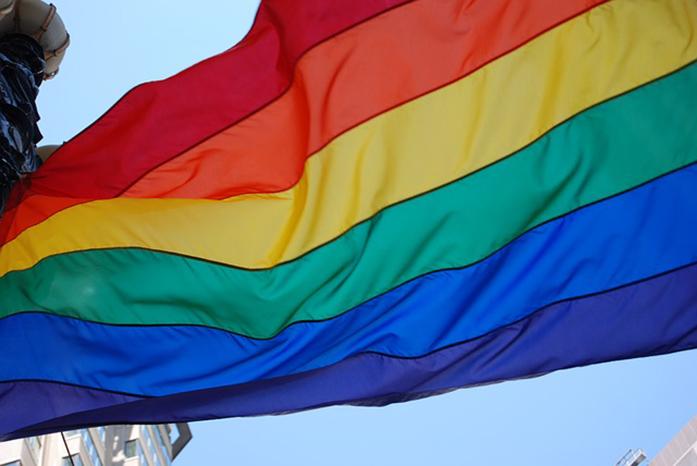Joe Lane
[email protected]
Last week, CNN reported that the Transportation Security Administration would change some of the rhetoric featured on the agency’s website and would discontinue the use of the word “anomaly” in its proceedings.
Up until last week, the agency featured the word “anomaly” on its website and in practice when referring to transgender individuals.
As with many organizations and individuals in this country, the identification and acceptance of transgender individuals still has a long way to go. While I applaud the agency for its actions in altering its agency culture — the use of the word represents a bigger problem found in and above the organization.
The colossal blunder may have gone largely unnoticed were it not for the increased attention the transgender community has rightfully been receiving in the past year. The questionable, at best, civil rights actions of the agency leading up to last week’s change are largely indicative of an earlier time period wherein such insulting words as “anomaly” were thrown around to describe scenarios unfamiliar to the mass public.
I’ve always held — as do many — that intolerance and prejudice are simply severe forms of ignorance. The use of the word “anomaly” to describe a non-threatening airplane passenger is an example of such, largely outdated, ignorance. So I do not find as much fault with the agency because the use of the word “anomaly” is in line with the showing of racially stereotyped cartoons produced by Disney and others. And, even more impressive, is the swift response by the agency to the increased awareness of the transgender community.
The agency responded immediately to a tweet by Shadi Petoscary, the transgender individual who called the agency out on the transgressions. According to CNN, the department also made a statement explaining that it will review its training practices to make certain officers are more sensitive to transgender passengers. The issue even drew attention from Hilary Clinton, who applauded the agency for its swift action.
Facebook now has 50 gender options available. But the article sheds light on on many traditional surveys, including the 2010 census form, there are only two boxes for the question asking about gender: male and female. Though many born several decades ago may believe that such a time would never arrive, it appears that more than two boxes would now be appropriate for the census form.
But the next census won’t be until 2020. And not only that but, according to the Times article, the U.S. Census Bureau has claimed that it will not collect data on transgender individuals in the next census.
The bureau’s choice to deliberately and intentionally ignore the measuring of the transgender community certainly makes the mistakes by the transportation agency seem minor and the subsequent changes seem major.
There is still time for the Census Bureau to change, but in the meantime, more concrete things must be done to express the world’s increased understanding of the transgender community and increased awareness of the its needs. Because if nothing is done, it’s as if nothing has changed at all.



